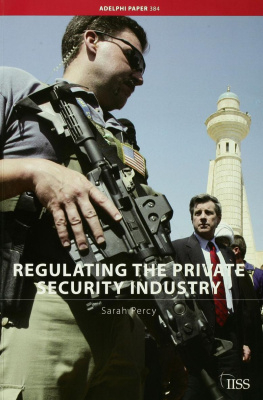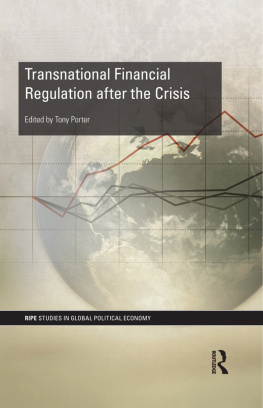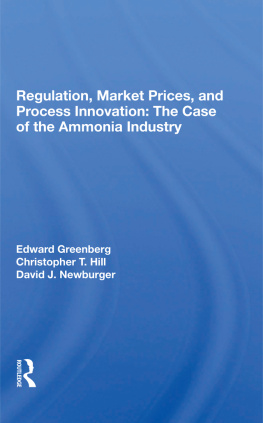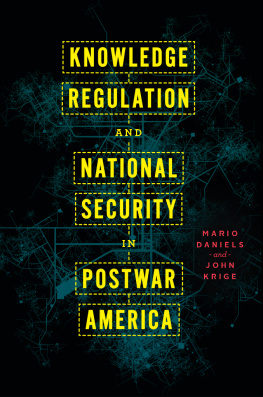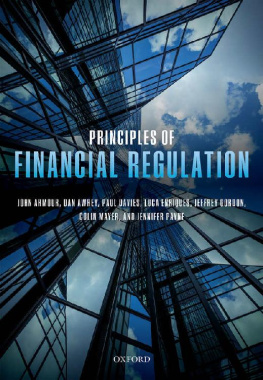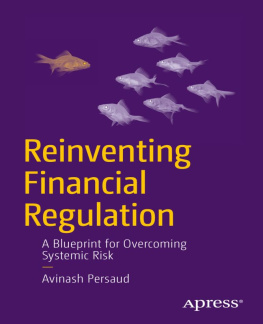The International Institute tor Strategic Studies
Arundel House | 13-15 Arundel Street | Temple Place | London | WC2R3DX | UK
ADELPHI PAPER 384
First published December 2006
by Routledge
4 Park Square, Milton Park, Abingdon, Oxon, OX14 4RN
for The International Institute for Strategic Studies
Arundel House, 13-15 Arundel Street, Temple Place, London, WC2R 3DX, UK www.iiss.org
Simultaneously published in the USA and Canada by Routledge
270 Madison Ave., New York, NY 10016
Routledge is an imprint of Taylor & Francis, an Informa Business
2006 The International Institute for Strategic Studies
DIRECTOR-GENERAL AND CHIEF EXECUTIVE John Chipman
EDITOR Tim Huxley
MANAGER FOR EDITORIAL SERVICES AySe Abdullah
ASSISTANT EDITOR Jessica Delaney
PRODUCTION John Buck
COVER IMAGE AFP/Getty Images
Printed and bound in Great Britain by Bell & Bain Ltd, Thornliebank, Glasgow
All rights reserved. No part of this book may be reprinted or reproduced or utilised in any form or by any electronic, mechanical, or other means, now known or hereafter invented, including photocopying and recording, or in any information storage or retrieval system, without permission in writing from the publishers.
British Library Cataloguing in Publication Data
A catalogue record for this book is available from the British Library
Library of Congress Cataloguing in Publication Data
ISBN 978-0-415-43064-7
ISSN 0567-932X
Since the late 1990s, the conduct of war and the consequences of its aftermath have been transformed. On battlefields, in conflict zones and in areas being rebuilt after war, private actors are playing a progressively more important role. While private companies have often been present on twentieth-century battlefields, notably to provide logistical assistance,
Explosive growth in the private security industry has not been matched by a corresponding development of robust and effective regulation. Indeed, many who study the industry point out that PSCs exist in a regulatory vacuum. This ought to be a significant concern for the public, state militaries, policymakers and PSCs themselves.
The paucity of effective and overarching regulation means that PSC employees are significantly less accountable for their actions than regular military service personnel. There have been numerous instances when crimes committed by contractors have gone unpunished because of the absence of legal mechanisms of the type that exist in relation to regular military personnel.
In Bosnia in the late 1990s, DynCorp faced a scandal in which some of its employees were engaged in a prostitution ring. After the scandal broke, the US military legal machine rolled into action, with formal investigations and courts martial for the military personnel involved. But there were simply no mechanisms to deal with the contractors, not one of whom has been prosecuted to date.
Singer has pointed out that it would be extraordinary if the reason there have been no prosecutions for crimes committed by contractors in Iraq is that they have not committed any crimes. He argues that Westport, Connecticut, with a population of 20,000, has 28 crimes per 100 citizens annually; in Iraq (not known for being as orderly as Westport) none of the 20,000 contractors has been charged with a crime. The absence of prosecutions reflects an absence of regulation.
The relationship between PSCs and non-state actors in post-conflict security environments is even more unregulated than the use of PSCs by states. A state rebuilding after conflict is unlikely to have a robust justice system, from the policing capacity to investigate and arrest to the judicial capacity to try and convict. The 'host state' where foreign militaries and private companies operate is thus not able to control these companies itself. The only sort of enforceable laws are those of the intervening state and international law. In Iraq and Afghanistan, private contractors were specifically immunised against local prosecution, so that even if the host state had the capacity to prosecute, it could not. When a state hires a PSC, the relationship between the state and the company means that the state can (if it chooses, of course) deal with any problems caused by the PSC itself. However, when a PSC is contracted by another private company, such as a natural-resource extraction company, that relationship lacks regulation. The domestic legal system of the host state is not robust enough to enforce criminal laws or indeed the contractual laws governing the PSC-private company relationship. When a state employs a private company, it can bring its laws to bear over the conduct of that company (although this happens less often than it should).
Describing the absence of effective regulation tor the private security industry as a vacuum is slightly misleading. Various domestic and international legal instruments may apply. However, even when these legal instruments are specifically intended to deal with today's private security industry - and many of them are not - they are often poorly designed. None of the international legal instruments clearly or directly apply to PSCs, but it is possible to see how they might be or to make a case that they should. The net result is not necessarily a vacuum, but more like a web or patchwork with no overarching and effective regulation. The regulatory web that exists in relation to PSCs includes strands with the potential to catch a rogue PSC or to stop a problem, but also multiple gaps through which it is possible for a PSC to escape.
PSCs themselves are keen to fill the gaps in this regulatory web. Indeed, at least two organisations representing PSCs are staunch advocates of further regulation. It is firmly within the interests of PSCs to close these loopholes.
In some cases, PSCs are more enthusiastic about developing regulation, or making regulation more robust, than state governments. In the UK, the government began investigating the possibility of regulating the industry in 2002, but no legislation has been forthcoming. PSCs can and do pose many potential problems, both domestically and internationally. However, it is vital to remember that these problems exist because state governments hire PSCs without regulating them. Thus, if there are problems in the industry, governments bear much of the responsibility.
This paper examines the current regulations that might apply to PSCs before arguing that the development of more effective and more specific regulation, both domestically and internationally, should be a priority for governments. It outlines the nature and role of the private security industry, explaining some other manifestations of private force, identifies five reasons why regulation is necessary, traces the current applicable regulations and discusses their deficiencies. It examines existing domestic regulations, focusing on the United States, South Africa and the United Kingdom, as well as the international legal instruments that might apply to the private security industry. The paper discusses 'informal' regulation, or regulation that does not require the creation of specific laws about PSCs, and how future regulation might be developed to fill in the gaps in the existing regulatory web.

